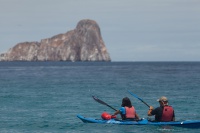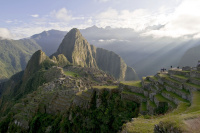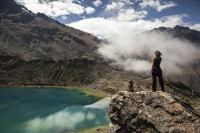-
Rethinking Travel Chapter 5: Travel Enabling Local Empowerment
Did you ever realize that your travels generate employment for others? You read that right and we are sure most of you are aware of this too! When you travel, you are spending at the destination for food, accommodation, visiting cultural or historical places, local travel, and so on!
Being a responsible traveler involves various actions, such as being mindful of your environmental impact, supporting projects that reduce carbon footprints, and choosing travel companies that empower local communities.
Lately, almost three fourth of the travellers are seeking authentic experiences that are representative of the local cultures, and a huge majority believes in preserving the cultural heritage of these regions which in turn boost the economic prospects of the regions they visit. Communities now recognize and tap into their potential, turning it into economic opportunities while offering genuine experiences to tourists.
The same ideology behind ‘buy local’ gets applied here, yet you need to be aware of how ‘local’ the lodges or the food joints you opt for are.
Are they just locally staffed, where the benefits go global, or are they owned and run by locals?
Does the demand reach local farmers and producers or are the ingredients imported?
Are the souvenirs made local or all made in China?In short, we should ask ourselves: Is tourism merely happening in the communities, or is it actively benefiting them?
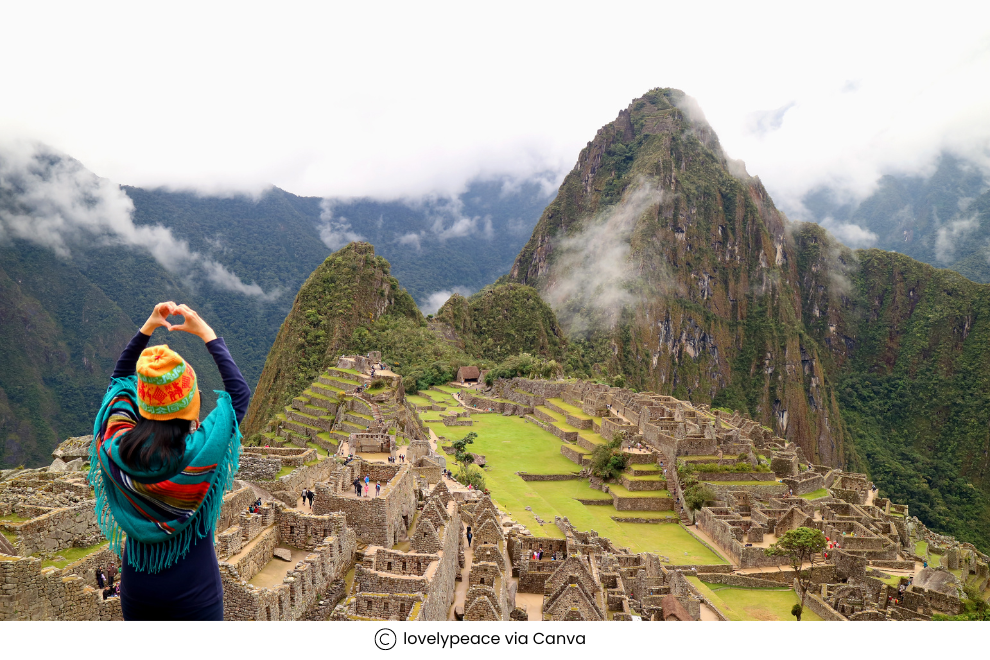
How can travel empower local communities?
1. Tourism Provides Income and Job Opportunities for Local Residents, Contributing to Economic Development
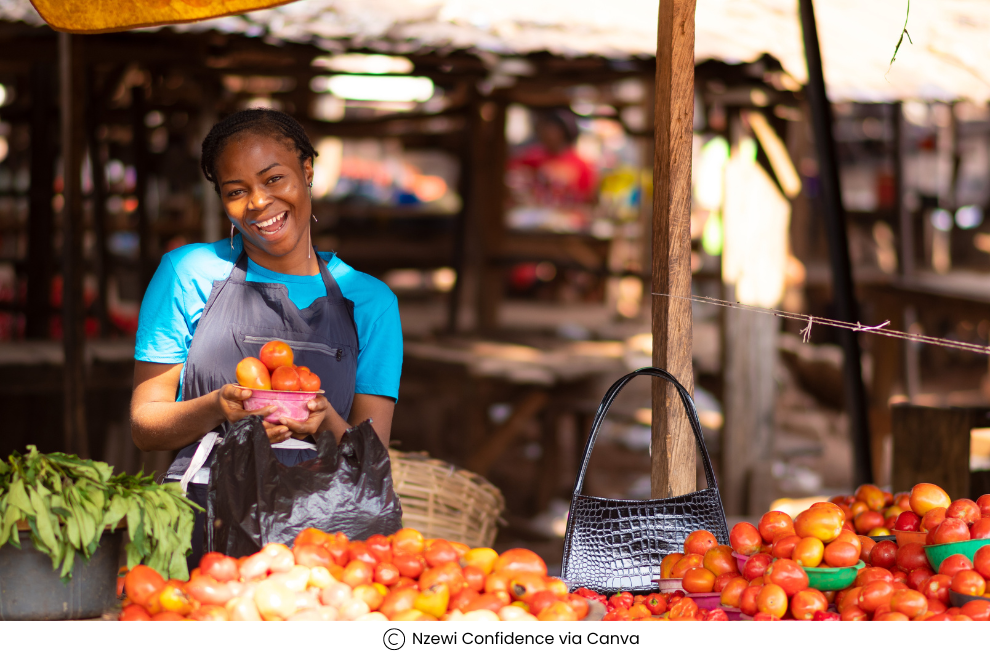
Tourism is a significant driver of economic growth in many regions. It creates jobs in various sectors, including hospitality, transportation, and entertainment, providing steady income for local residents. This influx of money supports local businesses and stimulates economic development, helping communities thrive and improving living standards.
2. By Engaging with Local Cultures and Traditions, Travellers Help Preserve and Share Heritage
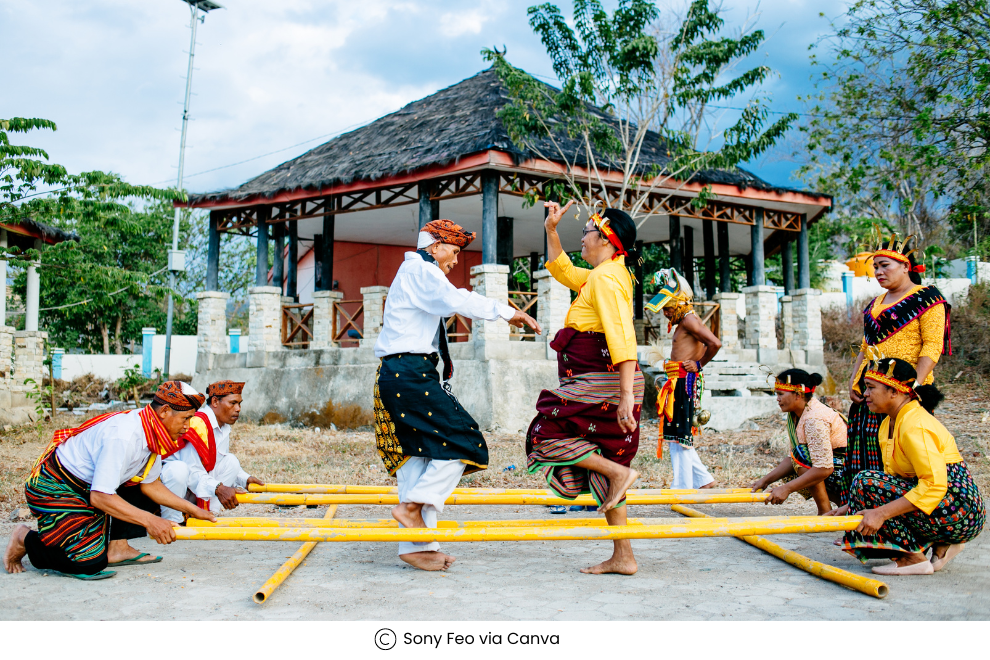
When travelers immerse themselves in local cultures and traditions, they contribute to the preservation of heritage. Participating in traditional activities, festivals, and customs not only enriches the travel experience but also helps sustain these practices. Sharing stories and experiences with others helps to keep the cultural heritage alive for future generations.
3. Tourism Investments Often Lead to Better Infrastructure, Benefiting Both Locals and Visitors
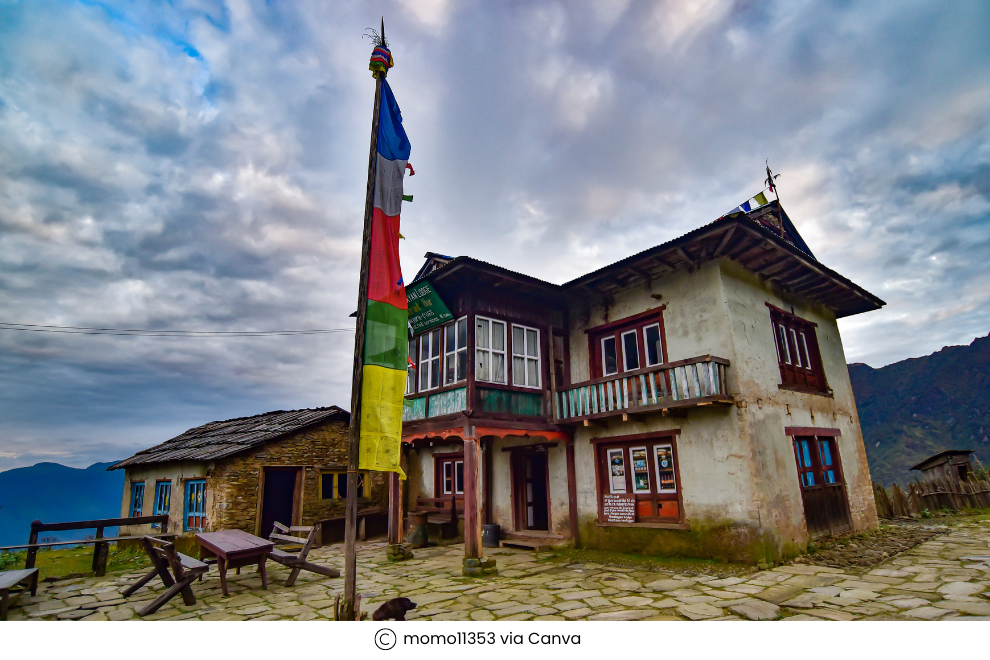
Tourism can prompt investments in infrastructure improvements, such as better roads, airports, public transportation, and utilities. These enhancements not only make destinations more accessible and comfortable for visitors but also improve the quality of life for local residents by providing better services and facilities.
4. Sustainable Tourism Encourages Conservation Efforts That Protect the Environment and Natural Resources
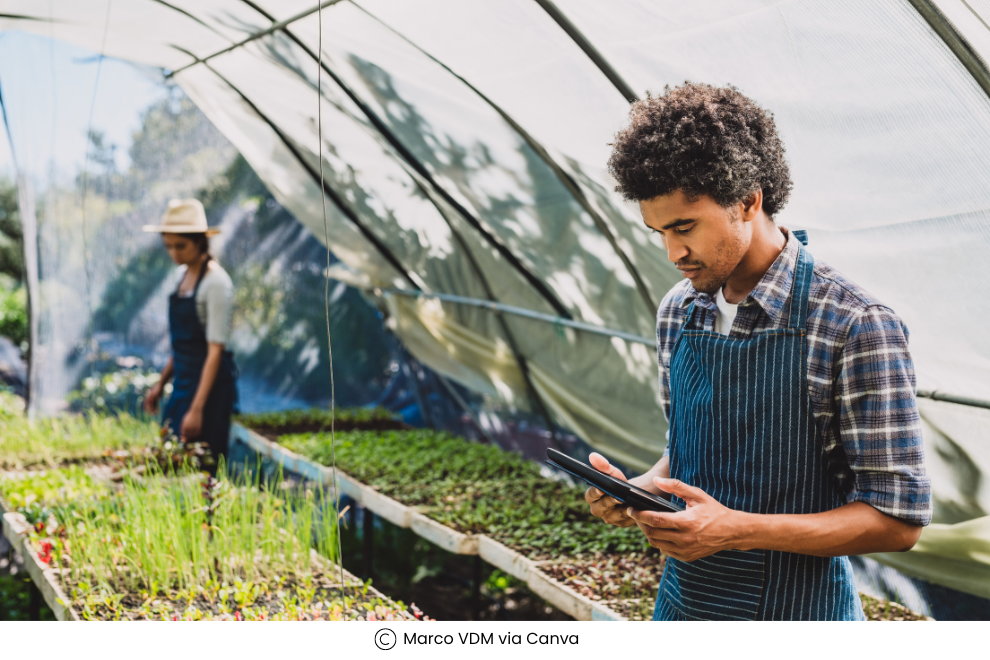
Sustainable tourism practices prioritize the conservation of natural resources and the environment. Initiatives such as eco-friendly accommodations, wildlife protection programs, and responsible travel guidelines help minimize the ecological footprint of tourism. These efforts ensure that natural landscapes and ecosystems are preserved for future generations.
5. Travel Fosters Cross-Cultural Understanding, Raising Awareness About Global Issues

Traveling exposes individuals to different cultures, perspectives, and ways of life, fostering empathy and understanding. This cross-cultural interaction can raise awareness about global issues such as poverty, inequality, and environmental challenges. As travelers learn about these issues firsthand, they often become more informed and engaged global citizens.
6. Tourism Can Instill a Sense of Pride and Cultural Appreciation Among Local Communities

Tourism can enhance community pride by showcasing the unique aspects of local culture and heritage to a global audience. When residents see their traditions and environment valued by visitors, it can boost their pride and appreciation for their own culture. This positive reinforcement encourages the preservation and celebration of local identity.
How is UnWild Planet empowering local communities?
1. We encourage our travellers to stay at locally owned lodges and hotels. This way they get to experience the true essence of the region though the natives. They get to try authentic delicacies of their destination and listen to stories that no blogs or videos reveal!
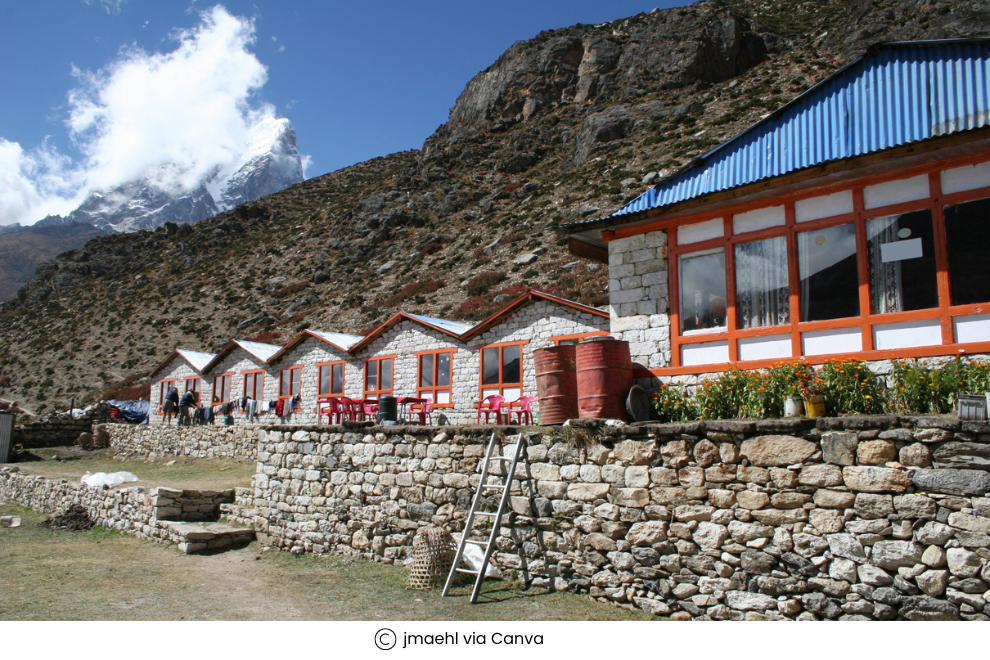
2. We work with local businesses to understand their requirements, ensuring a long-term relationship with them. By taking our travellers during off-season or shoulder seasons also helps such local businesses to balance their finances throughout the year and not just during the peak-season!
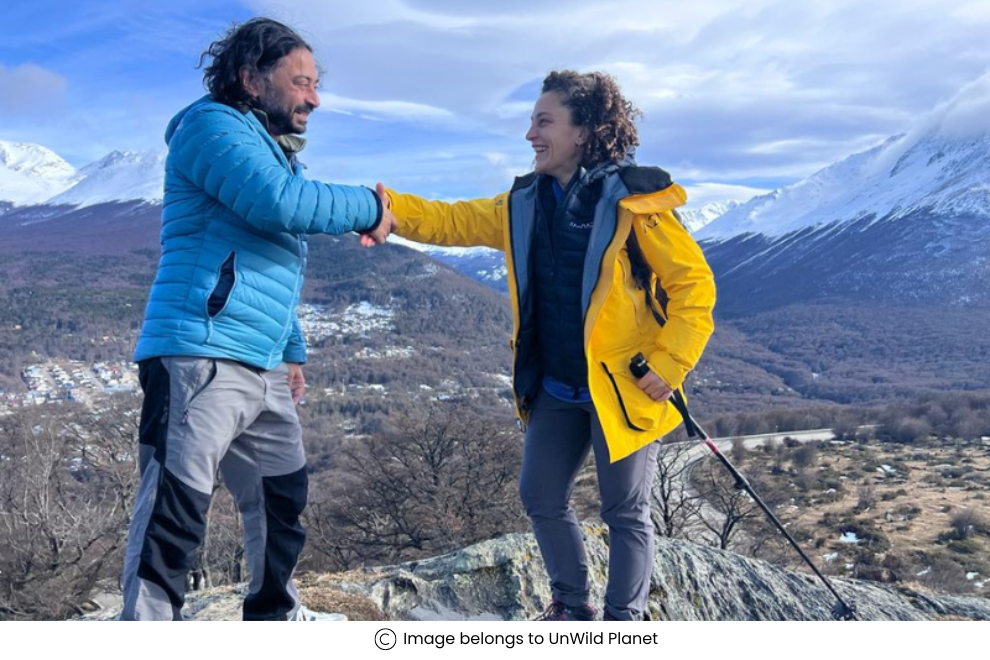
3. We make sure to work with the locals for guiding, leading, and various roles, contributing to local employment. This way our travellers can cover not just the tourist attractions, but visit places that hold value to the region, the community, and the culture.
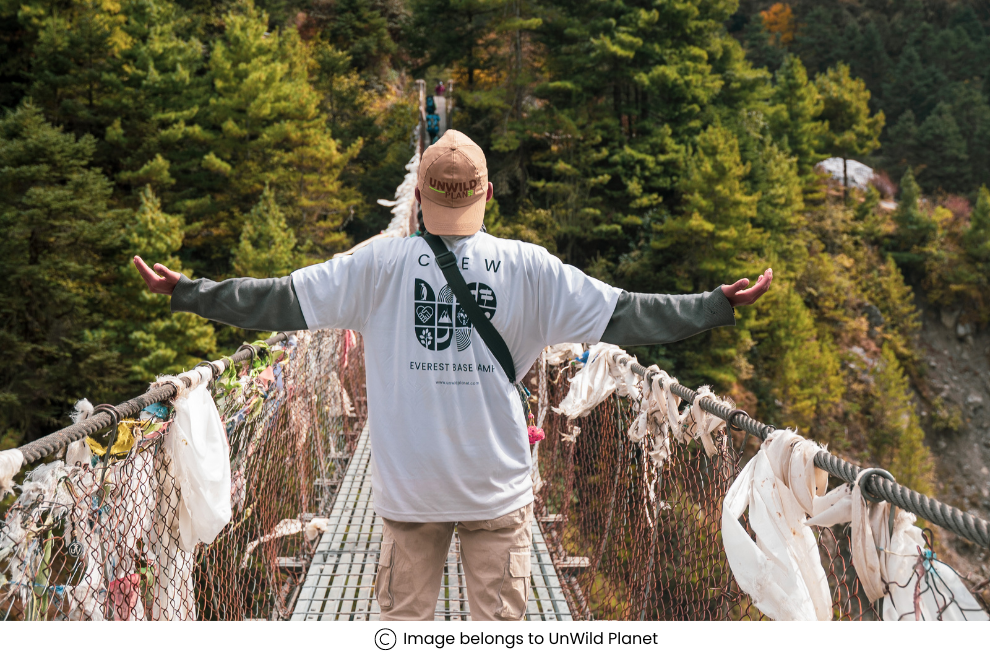
4. We educate our travellers about the destination, the local communities, and how the money they spend is creating an impact locally. This helps them understand how vital a role they play by relying on the natives in creating authentic experiences.
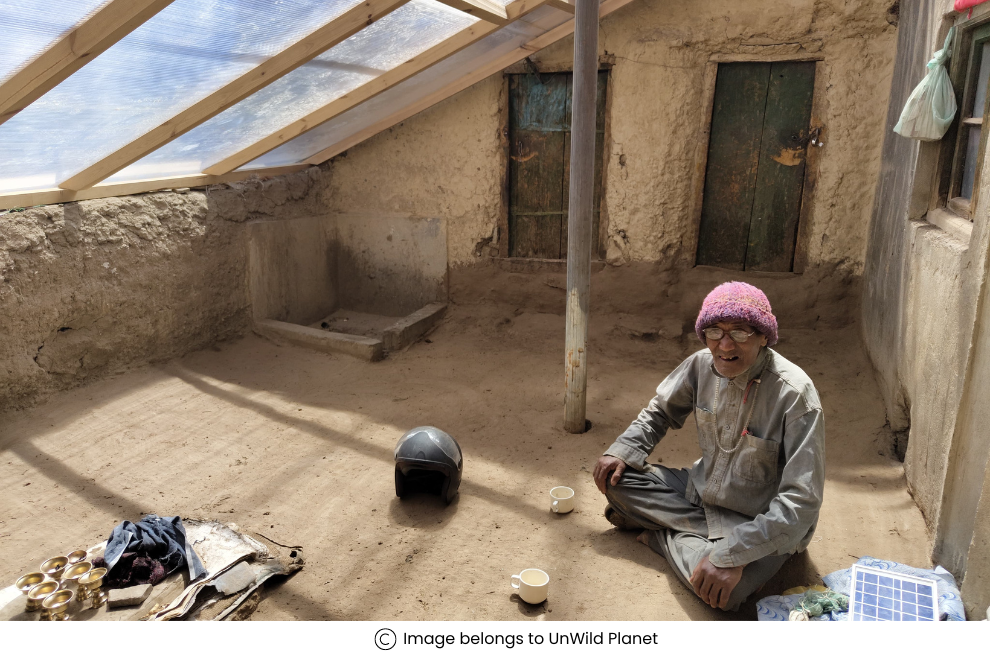
Travel has the profound ability to empower local communities by driving economic development, preserving cultural heritage, and fostering environmental conservation.
When travellers engage meaningfully with local cultures, they help sustain traditions and create a shared sense of global understanding. The economic benefits of tourism provide crucial income and job opportunities, lifting communities and enhancing their quality of life.
Moreover, the investments in infrastructure driven by tourism create lasting benefits for both locals and visitors alike. By embracing sustainable travel practices, we can ensure that our adventures contribute positively to the destinations we cherish.
Travel is truly a powerful tool for local empowerment, creating a world where communities can thrive and their unique stories can be shared and celebrated!
You can go through our blog chapters on Rethinking Travel and understand how else you as a traveller can empower the natives!
Ready to embark on your next adventure? Fill out the form below and let our experts curate your dream getaway!
All Fields are mandatory*-
Related Tours
-
Recent Blogs
-








